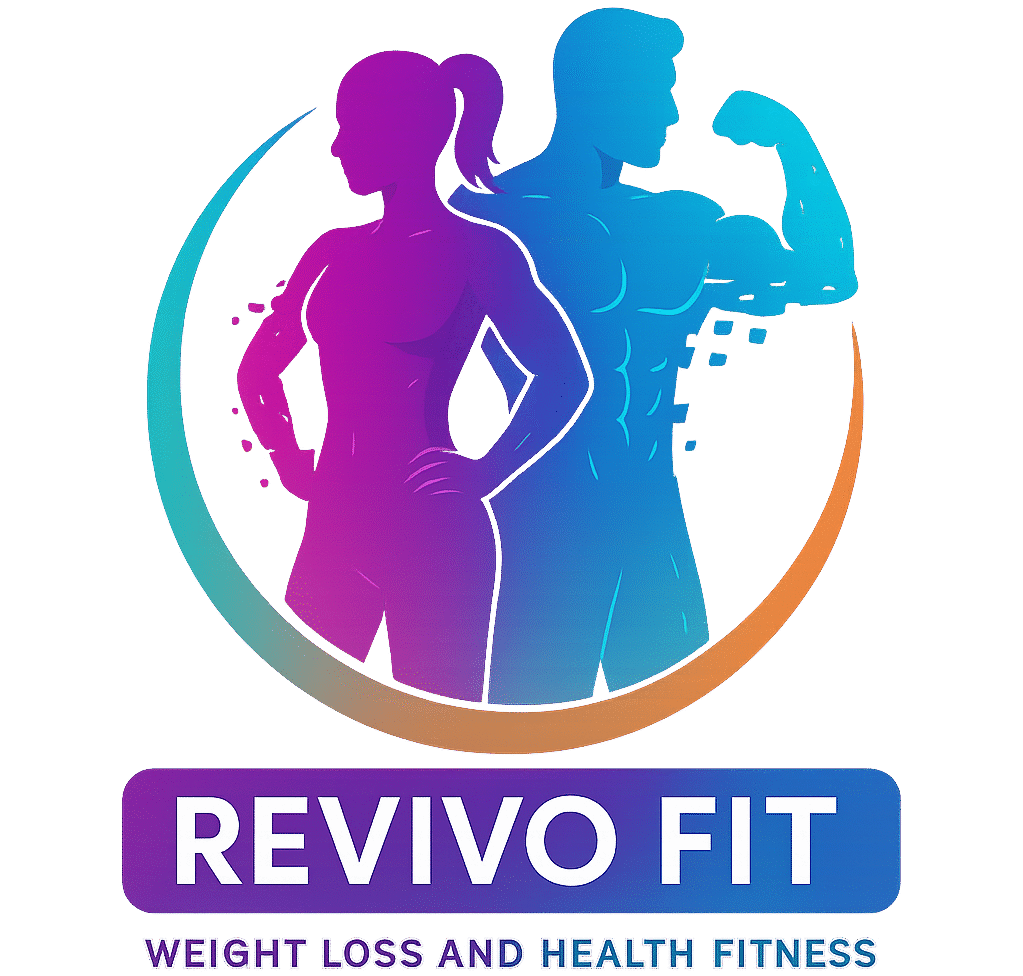Fat burning supplements have become all the rage for those looking to shed some extra pounds. So, what exactly are these supplements? They’re special formulas often packed with a mix of natural and synthetic ingredients aiming at boosting metabolism and promoting weight loss. Think of them as an extra nudge towards reaching your fitness goals.
Most fat burning supplements include ingredients like caffeine, green tea extract, and L-carnitine. Caffeine is your classic energy booster, often providing that extra oomph to power through a workout. Green tea extract is known for its antioxidant properties, while L-carnitine plays a role in turning fat into energy.
There are various types of fat burners floating around. You’ve got thermogenic fat burners, which work by increasing your body’s temperature and revving up the metabolism. Then there are appetite suppressants, aiming to curb those pesky hunger pangs. Each type has its own set of fans and critics.
Fat burning supplements haven’t always been on the scene. These kinds of weight-loss helps have actually picked up steam over the last few decades. Back in the day, people relied more on strict diets and exercise alone. But with the busy pace of today’s life, these supplements offer a more convenient option for many.
The Science Behind Fat Burning: How It Works
Our bodies are pretty amazing machines, constantly burning calories and fat to keep us moving. Metabolism is like the engine that keeps the fire burning, turning food into fuel. But sometimes, for various reasons, this natural process needs a helping hand.
Fat burning supplements often come into play by targeting different pathways. One common way they work is by enhancing thermogenesis, the process where your body generates heat, and as a result, burns calories. Ingredients like capsaicin from chili peppers are known to boost thermogenic effects, giving metabolism a much-needed boost.
These supplements may also aim to increase lipolysis, which is the breakdown of fat cells. For instance, green tea extract is thought to amp up this process with its catechins, helping you tap into fat stores more effectively.
Appetite suppression is another angle. Some supplements help reduce hunger by affecting hormones or neurotransmitters. This can lead to eating less, which naturally supports a calorie deficit for weight loss.
While these supplements can be helpful, it’s crucial to know they’re not magic pills. Pairing them with a balanced diet and regular exercise is key to seeing real results. Understanding the science behind how they work can help you use them wisely and effectively.
Evaluating the Effectiveness of Fat Burning Supplements
Scientific studies and clinical trials often provide mixed results when it comes to evaluating the effectiveness of fat burning supplements. Some studies do show modest benefits, like slight increases in metabolism or temporary boosts in energy expenditure. However, results can vary widely depending on factors like specific ingredients and test conditions.
You might be wondering about the placebo effect. It’s when people experience a perceived improvement in their condition due purely to the belief that they’re receiving treatment. This effect can sometimes muddy the waters, making it hard to pinpoint whether the supplements themselves are truly effective.
Individual results can be influenced by several factors, including genetics, diet, exercise habits, and overall lifestyle. Someone with an active lifestyle and balanced diet might see more pronounced effects compared to someone leading a more sedentary life.
It’s always a good idea to take user testimonials with a grain of salt. While some might rave about dramatic results, others might find them underwhelming. Reviews can be a mixed bag, reflecting the wide range of personal experiences people have with these supplements. The key takeaway? Use these supplements as part of a broader strategy, rather than a standalone solution.
Potential Risks and Considerations
When considering fat burning supplements, it’s essential to weigh the potential risks. Common side effects might include jitteriness, insomnia, or digestive discomfort, especially if you’ve got a low tolerance for caffeine or unfamiliar ingredients. Awareness is half the battle, so knowing what could happen is crucial to making an informed choice.
The world of supplements can feel like the Wild West, with regulations varying widely by region. In many places, these products don’t require the same stringent testing as prescription medications. This means product labels might not always accurately reflect what’s inside, leading to potential safety concerns.
Exploring natural alternatives and dietary changes can offer safer routes to fat loss. Regular physical activity coupled with a nutrient-rich diet often yields sustainable results. Considering these first can sometimes help you avoid unnecessary supplements altogether.
Should you decide to include supplements in your regimen, it’s smart to stick to recommended dosages and consult with a healthcare professional, especially if you’ve got underlying health conditions or take other medications. This advice isn’t just good practice, but it ensures you’re on the safest path to reaching your health goals.
